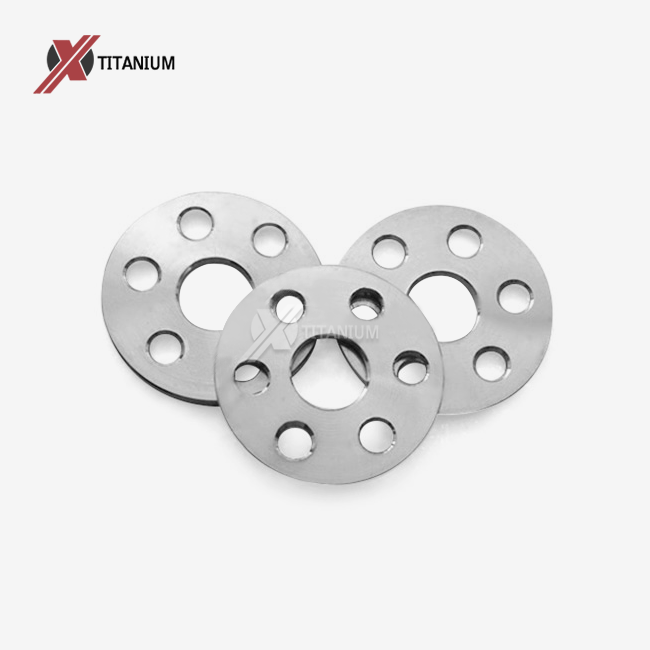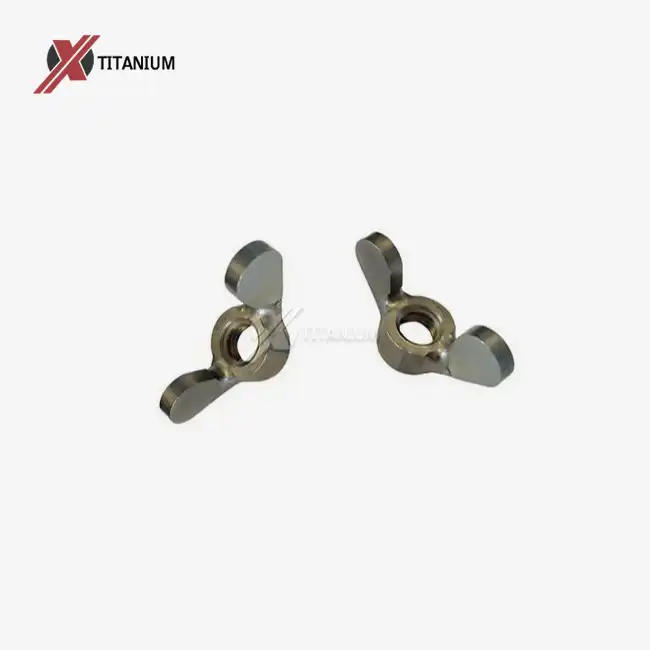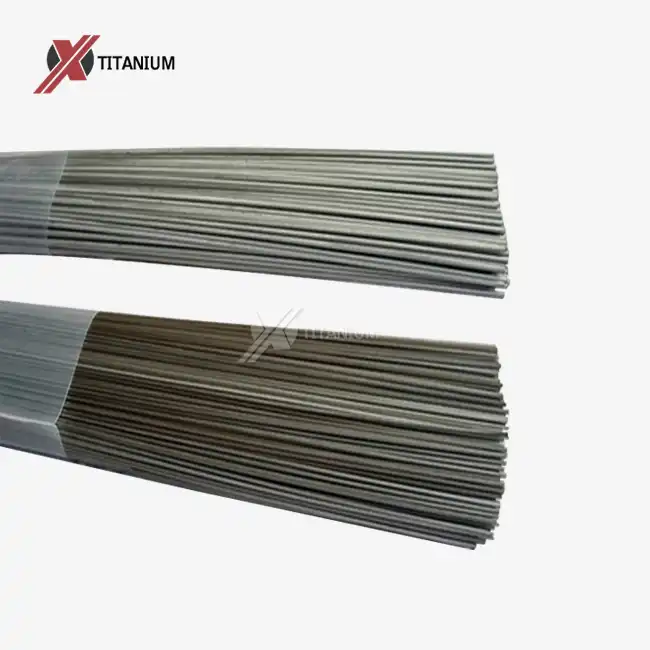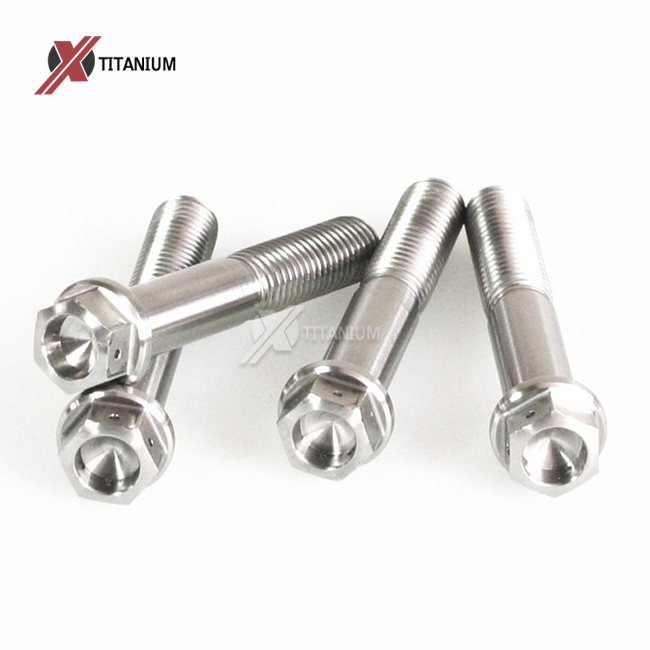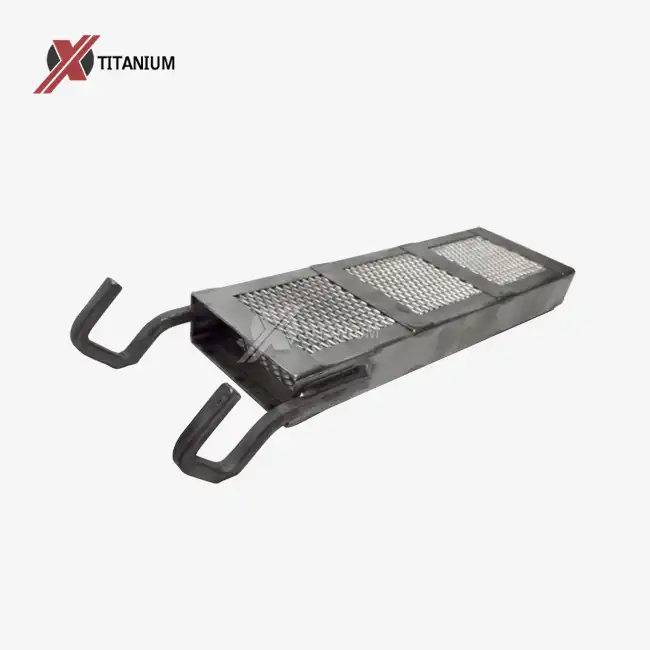The Advantages of Customized Titanium Washers in High-Performance Applications
Titanium washers have become increasingly prevalent in various industries due to their exceptional properties. When customized through CNC machining, these washers offer a host of benefits that make them indispensable for high-stakes projects.
Unmatched Strength-to-Weight Ratio
One of the most compelling reasons to select customized titanium washers is their momentous strength-to-weight proportion. Titanium boasts a density of about 4.5 g/cm³, which is significantly lower than that of steel (approximately 7.8 g/cm³). Despite this lighter weight, titanium maintains impressive strength characteristics, often surpassing those of many steel alloys. This unique combination allows engineers to design lighter structures without compromising on structural integrity, a crucial factor in aerospace and automotive applications where every gram counts.
Superior Corrosion Resistance
Titanium's natural resistance to corrosion is another key advantage that makes customized titanium washers an excellent choice for harsh environments. The metal forms a protective oxide layer when exposed to air, providing a shield against various corrosive agents. This innate property makes titanium washers ideal for marine applications, chemical processing plants, and medical implants where resistance to bodily fluids is crucial. The ability to withstand corrosive environments not only enhances the longevity of the components but also reduces maintenance costs and downtime associated with part replacements.
Biocompatibility for Medical Applications
In the medical field, the biocompatibility of materials is of utmost importance. Customized titanium washers excel in this aspect, as titanium is known for its exceptional compatibility with human tissue and bone. This property has led to widespread use of titanium in surgical implants, prosthetics, and dental applications. The ability to customize these washers allows for precise fitment in various medical devices, ensuring optimal performance and patient comfort. In addition, titanium's resistance to body liquids and its non-magnetic nature make it an perfect choice for long-term implantable gadgets.
The CNC Machining Process: Achieving Precision in Titanium Washer Production
The production of customized titanium washers through CNC machining is a sophisticated process that ensures unparalleled precision and quality. Understanding this prepare can offer assistance you appreciate the esteem and capabilities of these high-performance components.
Material Selection and Preparation
The travel of making a customized titanium washer starts with selecting the fitting review of titanium. Common grades incorporate Review 2 for general-purpose applications and Review 5 (Ti-6Al-4V) for high-strength necessities. The chosen titanium stock is carefully reviewed for any abandons or irregularities some time recently being arranged for machining. This planning may include cutting the stock to a reasonable estimate or shape, depending on the last washer details.
CAD/CAM Design and Programming
Prior to any physical machining, the washer design is meticulously created using Computer-Aided Design (CAD) software. This digital model serves as the blueprint for the CNC machine. The design is then translated into a set of instructions for the CNC machine using Computer-Aided Manufacturing (CAM) software. This programming phase is critical, as it determines the toolpaths, cutting speeds, and other parameters that will be used during the machining process.
Precision Machining and Quality Control
Once the CNC machine is programmed, the actual machining process begins. High-speed cutting tools precisely remove material from the titanium stock, following the programmed instructions to create the washer's exact dimensions and features. This process may involve multiple stages, including turning, milling, and drilling operations. Throughout the machining process, sophisticated quality control measures are implemented. These may include in-process measurements and checks to ensure that the washers meet the specified tolerances, which can be as tight as ±0.001 inches for critical applications.
Customization Options for Titanium Washers: Tailoring to Your Specific Needs
The true value of CNC-machined titanium washers lies in their ability to be customized to meet specific project requirements. This customization extends beyond mere dimensions, encompassing a range of features and treatments that can enhance performance and functionality.
Dimensional Customization
One of the primary advantages of CNC machining is the ability to produce washers in virtually any size or shape. This flexibility allows for the creation of non-standard washer dimensions that may be required for specialized applications. Engineers can specify exact inner and outer diameters, thickness, and even unique profiles that deviate from traditional flat washer designs. For instance, customized titanium washer or custom-tapered washers can be produced to provide even load distribution in certain assemblies, or washers with specific surface patterns can be created to enhance grip or reduce weight.
Surface Treatments and Finishes
While titanium's natural properties are impressive, various surface treatments can further enhance its performance characteristics. Anodizing is a popular treatment for titanium washers, which not only improves corrosion resistance but also allows for color coding of parts for easy identification. Other surface treatments may include nitriding to increase surface hardness, or shot peening to enhance fatigue strength. The surface finish of the washer can also be customized, ranging from a smooth, polished surface for reduced friction to a textured finish for improved adhesion in bonded assemblies.
Material Grade Selection
Titanium comes in various grades, each with its own set of properties. Customization expands to selecting the most fitting review for your particular application. For occurrence, Review 2 titanium might be chosen for its amazing formability and erosion resistance in less requesting applications, whereas Review 5 (Ti-6Al-4V) seem be chosen for its predominant quality in high-stress situations. A few specialized applications might indeed call for more outlandish titanium combinations, such as beta titanium combinations for their one of a kind combination of tall quality and moo modulus.
Conclusion
Customized titanium washers represent the pinnacle of precision engineering components. Their unique combination of strength, lightweight properties, and corrosion resistance makes them invaluable in a wide range of high-performance applications. Through advanced CNC machining processes, these washers can be tailored to meet the most exacting specifications, ensuring optimal performance and longevity in even the most demanding environments.
Whether you're working on cutting-edge aerospace projects, advanced medical devices, or innovative marine applications, customized titanium washers offer the reliability and performance you need to succeed. For more information on how these precision-made components can benefit your project, don't hesitate to reach out to our team of experts at info@cltifastener.com or djy6580@aliyun.com.
